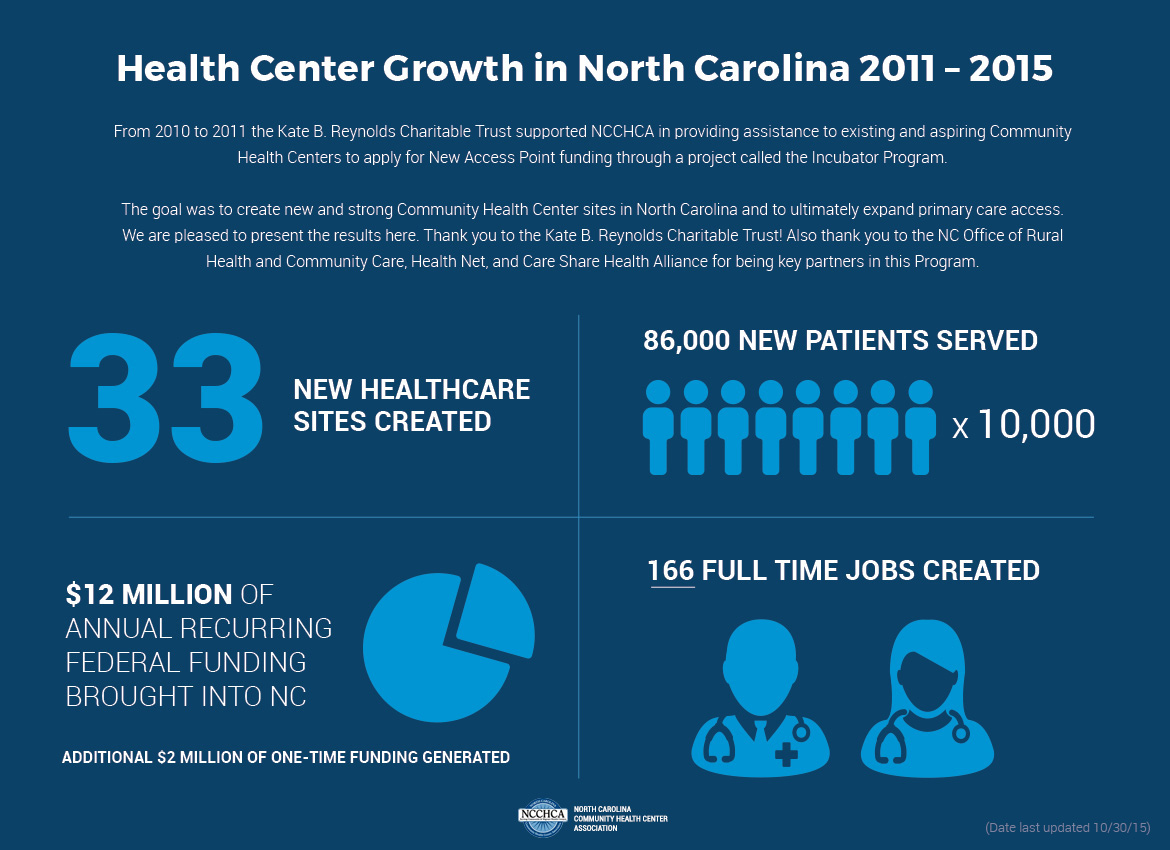Below you will find a thorough list of Section 330 Federally-Qualified Health Center (FQHC)-specific resources. Here is an overview of those resources:

Program Description and Application
The Bureau of Primary Health Care has designated three special populations: migratory and seasonal agricultural workers, homeless, and public housing residents. Current and aspiring federally qualified health centers are eligible to apply for this funding during New Access Point application opportunities. Please see the document attached here for funding allocations as well as BPHC requirements related to these funding opportunities.
